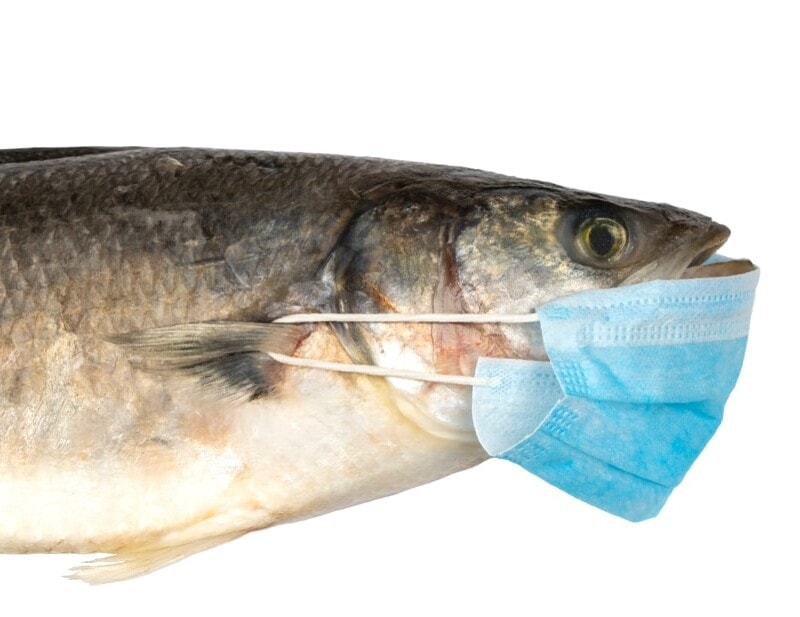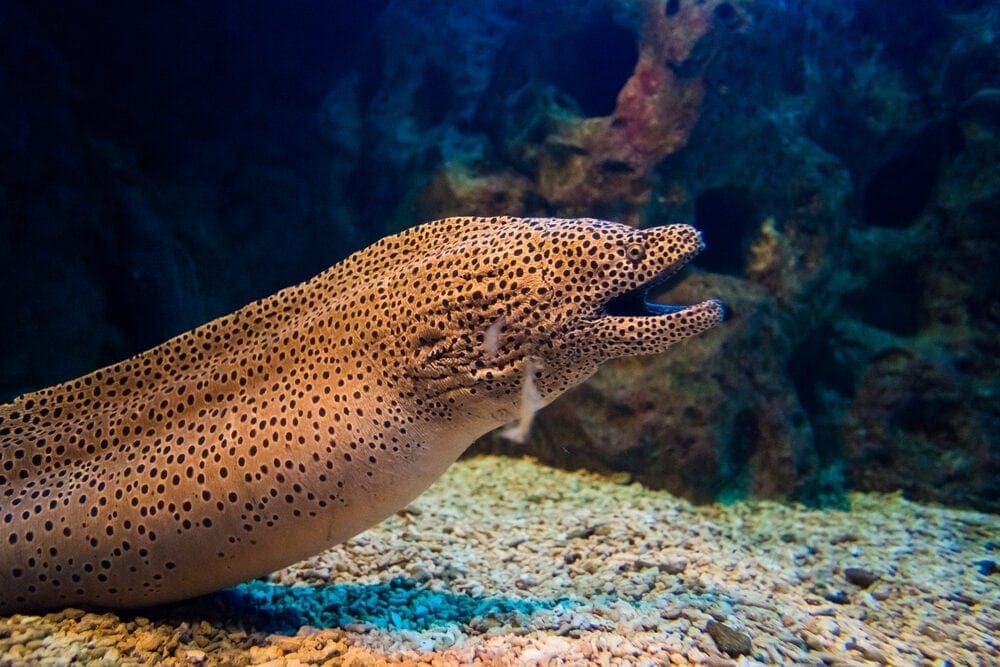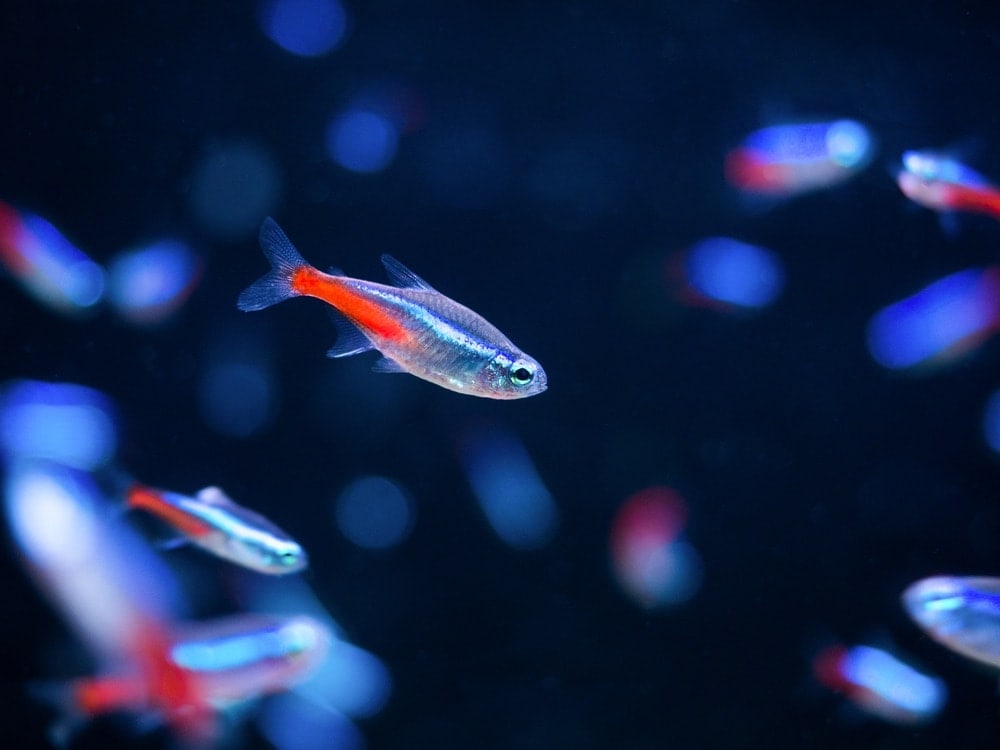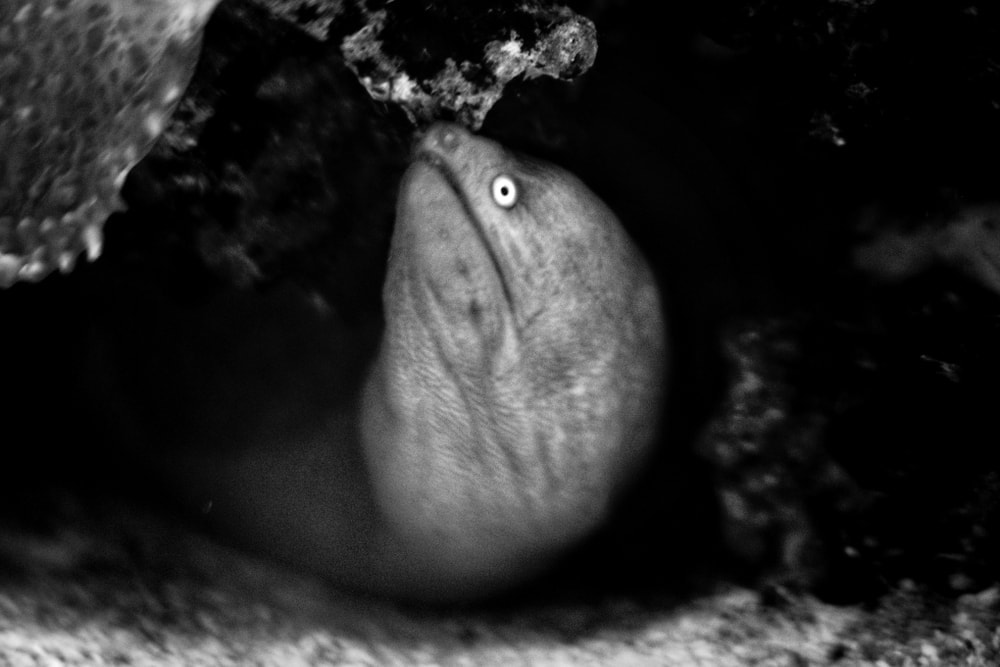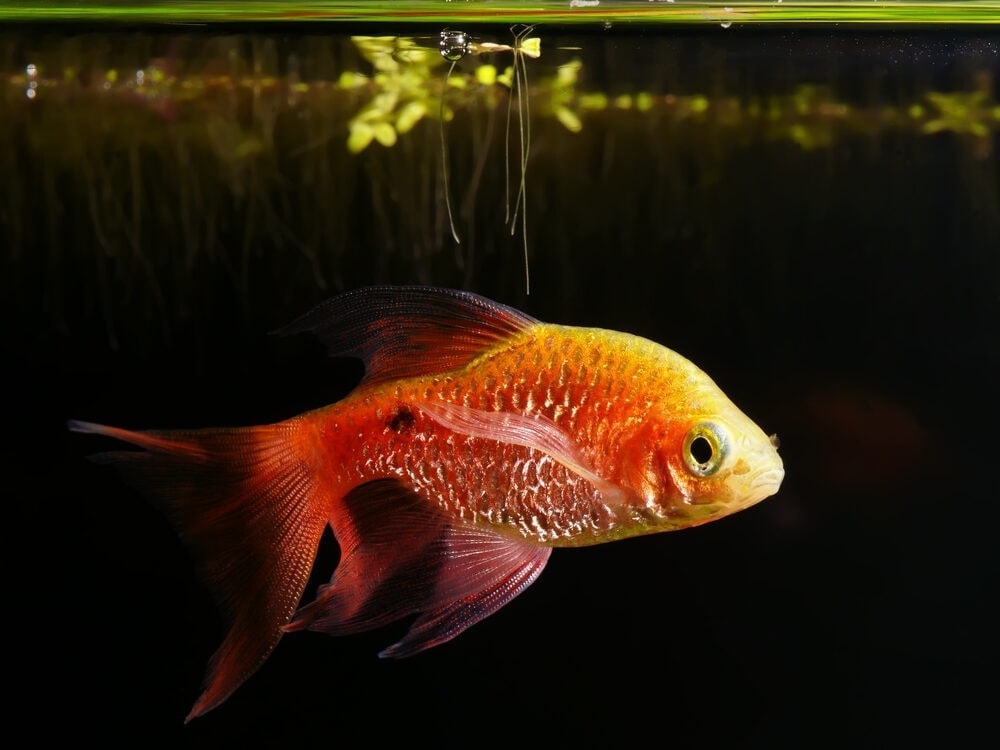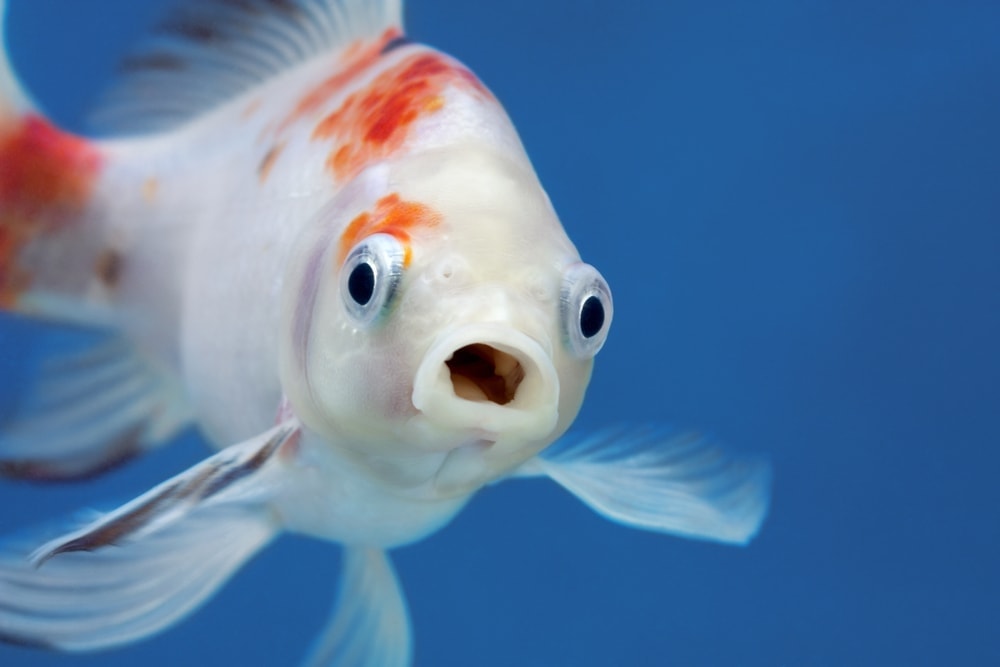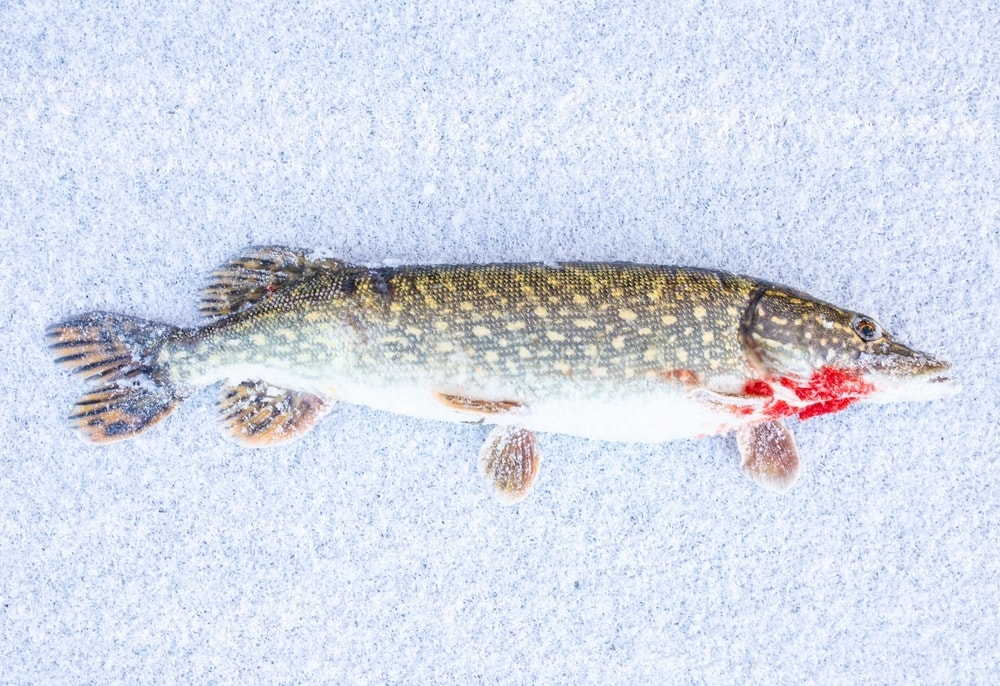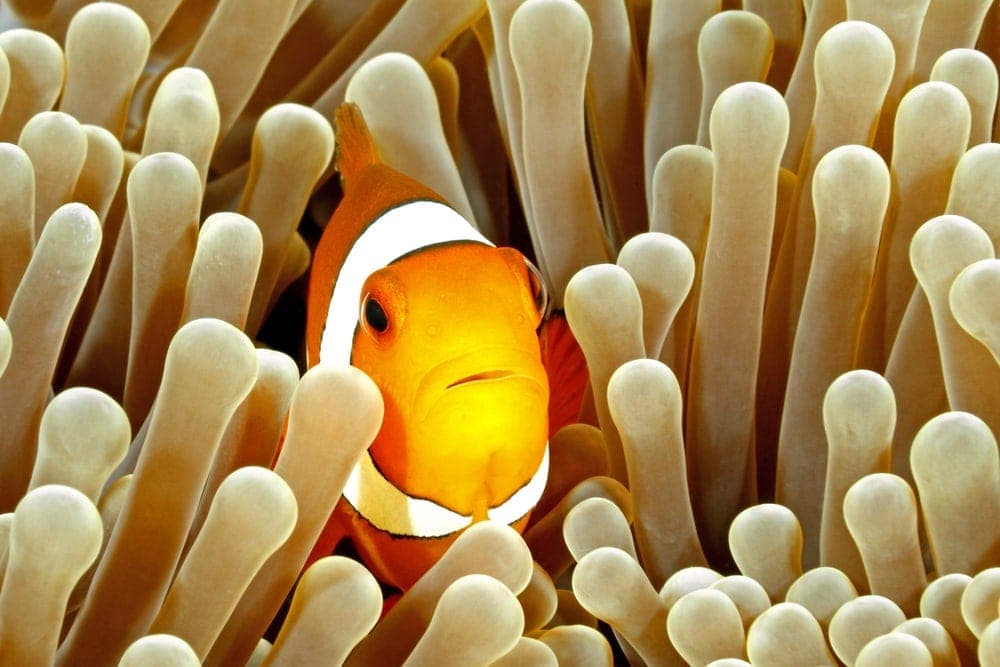It may be surprising to hear, but fish can cough. They do so because there is something stuck in their gills, and it is not allowing them to breathe in as much water as they can.
However, fish cannot sneeze because they do not take in air into their gills. Sneezing is caused by expelling air from the lungs.
Animals Displaying Human Traits
When studios create an animated film about marine life, animators make fish, and other sea creatures perform all kinds of human mannerisms. They can smile, laugh, cry, furrow their eyebrows, clench their jaws, dance, sing, and even flex their muscles. We know that movies are imaginary, and fish can’t talk to each other, but humans love to anthropomorphize animals. But are there some human traits that fish can perform? They may not have the ability to sing or play the piano, but can they cough or sneeze?
Do Fish Cough?
We asked this question because we know that animals that live on land can cough. They cough when they’re sick, when they’re trying to bring up a hairball, or when something gets into their lungs, like smoke from a fire.
But can fish cough? Yes, a fish can cough. Because they take water through their gills and extract the oxygen from the sea to breathe, they can cough if a particle or a different type of gas gets between their gills. If an object is stuck in their gills, a fish will cough and jerk about so the object can fall out.
People who keep aquariums witness their fish coughing. When their fish coughs, they will also open their mouths like humans, but they will push water out through their gills instead of their mouths. Fish will jerk up and down as they force their bodies to cough.
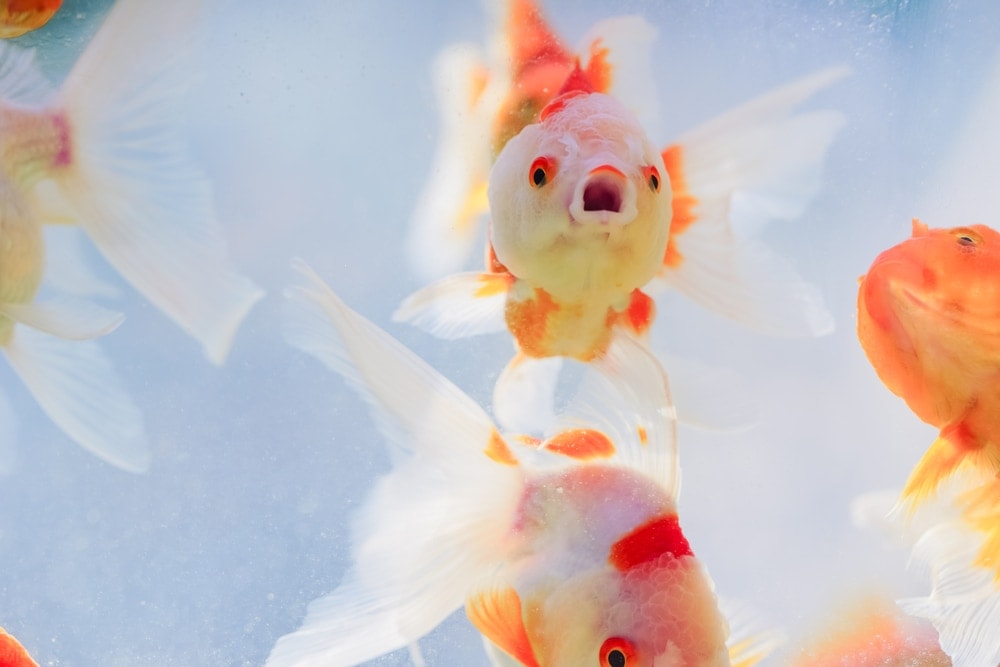
Do Fish Sneeze?
Okay, now that we know that a fish can cough, we must answer if they can sneeze? Many people believe that a fish can sneeze because they have noses and can breathe, although they breathe in water instead of air. But this is not true.
Fish cannot sneeze.
For a human being or another animal to sneeze, several mechanisms must happen. First, the mucosal lining within our nasal passages must become irritated. Many irritants can cause us to sneeze, including dog and cat fur, particles from gasses, a bad smell, and dirt and dust that get into our nasal passages. We also sneeze because we are sick, and our immune system is trying to force the virus to escape by producing mucus in our noses.
The irritation in the nose sends a signature to our brain. Our brain then commands our diaphragm to spasm so our lungs can expel air through the mouth and from the nose. By doing this, the irritant is forced out of our nasal passages.
Although fish do have nostrils and gills instead of lungs, they cannot sneeze because they do not breathe in air from their gills.
What Else Can Fish Do?
So we have established that fish can cough, but they cannot sneeze. What are some other things that fish can do that are similar to what we do in daily life?
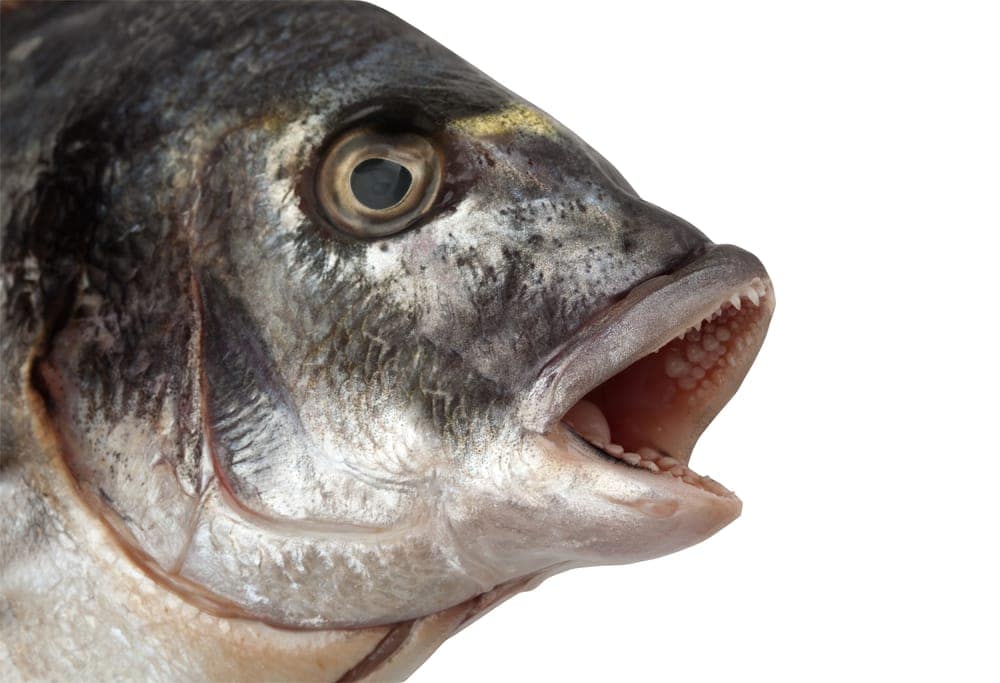
1. Fish Cannot Fart
Even though fish have an excretory system and an anus, they’re not able to fart. Farting is caused by the intestines releasing gas and air out of the anus. But a fish’s intestinal system does not have gas and air within it. It has water running through it. Some people say that they have seen their fish fart because there are bubbles around them when they look at them at random times in their aquarium. But these bubbles come from either their gills or their mouth, not their anus.
2. Fish Can Burp
Yes, fish can burp. Not all fish have this ability, but some do. When fish need to burp, they do not expel water from their stomach, but they do expel gases like humans and other mammals. It was only speculated a few years ago if fish could burp, but underwater recording devices revealed that not only do fish burp, their burps are quite loud! When a fish burps, it sounds like a rattling noise. We didn’t know if fish could burp because they do not open their mouth wide when they do it. Their mouth only opens slightly, so there was no indication that they were doing anything.
3. Fish Can Choke, But Not Through a Trachea
Technically, a fish cannot choke. For an animal to choke, they must have a trachea and eat something large enough to stop in the trachea and block the airway. But fish do not breathe through lungs, nor do they have a trachea. So they are unable to choke in a similar way to humans and mammals. But that does not mean that they’re able to eat large portions without dire consequences.
If a fish eats a piece of food or another fish that is too big, it will become caught in their throat and will not be able to thrash and get it out. If the object is wide enough, it can prevent their mouth from closing, and they will not be able to contract their gills to take in water. If they do not take in water through their gills, they will suffocate. This is how a fish chokes and suffocates on food.
But just like mammals, if a fish does not take out the object or animal which is causing them to choke, they could suffocate and die.
Conclusion
- Humans love to anthropomorphize animals and give them human characteristics.
- Fish do have the ability to cough
- They cough because something may become lodged in their gills, and they must be able to take it out.
- Fish cannot fart, and the bubbles that they produce are actually from their gills or mouth.
- Fish can burp, and they do so because they need to release gases from the stomach or intestines
- Fish can choke, but they choke and suffocate because their gills cannot contract if there is a large object or fish inside their mouth.
